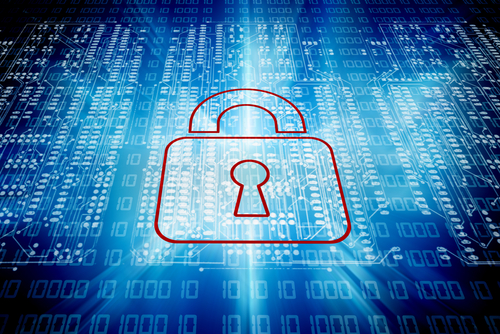
As a small business owner you know how much your data means to your continued success. In a world where hackers and snoops in general are always on the prowl for unsecured data, you should be worried about keeping a tight lid on what anyone can access or even look at.
If you are good at securing your data, you will have probably installed as many security software as you can get your hands on, without slowing your network or local machines down. While that is well and good, you will have to look further afield if you have any data that is being hosted on hosting providers’ servers.
All efforts to keep your information secure will be in vain if you overlook the data that is not within your immediate domain. The problem now becomes whether or not your hosting provider is doing its best to keep a tight lid over your data.
Of course, while most hosting providers will have their own set of security protocols – and wouldn’t want you, a mere client, to come stick your nose in the way they do things – it won’t harm to read up on some of the leading server security software packages and inquire if they are using any of them. You can make a few suggestions, should you find them absent in the providers’ armory.
And so, below, we have listed a few such software packages for your consideration:
-
Firewalls
Firewalls are the “first line of defense” when it comes to the internet. In the old days, they used to be represented by physical machines that served as the authenticators of users and traffic. Today, most of them are software packages that can be installed on servers and perform just as well or, in some instances, even better.
Any server system should lay behind a firewall just as should your hosting provider’s hardware. Examples of great firewall software solutions include Netfilter for Linux-based systems and McAfee’s Data Center Security (which also does much more).
-
Antivirus, Antimalware, Antirootkit, etc.
Once people and traffic have been authenticated by the firewalls on the perimeter of the network, they will be the responsibilities of antivirus software. These software solutions will make sure all the files that are brought into, or taken from, the servers in the network do not contain viruses, Trojans or scripts that can put the safety of the files and data that is being accessed at risk. Any malicious wares are blocked, files that are infected are either cleaned or quarantined (worst case scenario: they are deleted).
Symantec Solutions, AVG and McAfee make some of the most reliable antivirus software on the market today.
-
SSH Key Authentication
Although it is not technically a stand-alone software as much as it is a security configuration, one way of making sure that only users that are intended to do so can access a server is by using SSH keys. Instead of asking them to input their passwords, this method makes sure that they are “legit” by using a pair of cryptographic keys that can be used for verification purposes by an SSH server.
In this method, a private and public key pairs are created before the authentication can be performed. As you can guess, the private key is kept secretly and securely by the visitors or users wanting to access the servers and the public keys are shared with everyone.
The public keys for all users are placed in a special directory on the server. When the users connect to the server they will need to prove they are who they say they are by providing the corresponding private key. Once it has been verified that the two keys match, the users will be allowed to proceed with their uploading, downloading or browsing.
SSH keys are relatively easy to setup and implement and can be done from any machine (desktop or server – depending on the networked devices being used). This is also happens to be the most recommended way of ensuring security on Linux-based servers.
-
Services Auditing Software
Antivirus and similar software only work in preventing malicious codes from running if they encounter them as they are passing into/through the network or, later, when they have attached themselves to files and try to run their scripts.
Once detected, these security software solutions will try to eliminate them. But in some instances there are malicious codes that embed themselves in a server’s registry and create services that run every time you reboot (or restart the server) or at programmed time intervals.
No matter how many times the antivirus software clear the files, they will all start again once the service kicks in.
This means, you should make use of service auditing software to make sure that no hidden services are running and kick-starting the malware. Once these rogue services are detected it is only a matter of finding the appropriate and specifically-designed tool to clean them up.
So, there you have it: now that you know what security software needs to be installed on a server, go ahead and ask your hosting provider if they have implemented them.



















